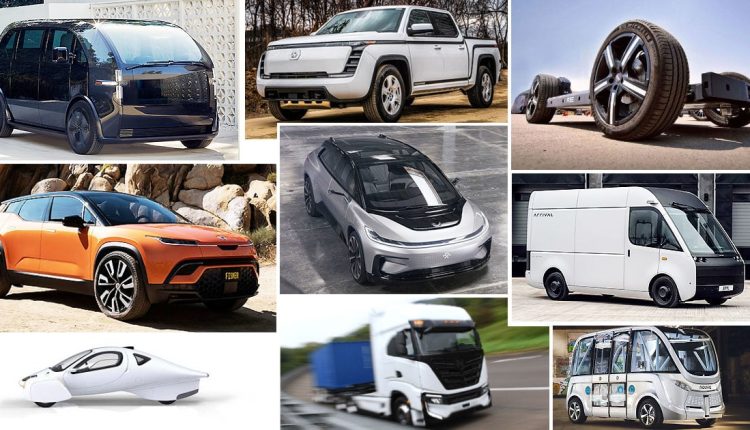In September 2020, Hindenburg Research released its report on Nikola, saying it was “an intricate fraud.” The company acknowledged a truck appearing to cruise down a desert road under its own power in a video was not. The SEC launched an inquiry. Ultimately, Trevor Milton, Nikola’s founder, was convicted of fraud. Nikola settled with the SEC for $125 million.
In 2021, J Capital Research published a report calling Faraday Future “nothing but a bucket to collect money from U.S. investors and pour it into the black hole of debt created by its founder.” A company spokesperson said “the substantive allegations of inaccurate disclosures” in the report “were not supported by the evidence reviewed.” The SEC launched an investigation, and the company underwent a transformative restructuring.
Now, those companies are facing other pressures.
Nikola and Faraday Future in their 2022 annual filings both disclosed “substantial doubt” about their abilities to continue as going concerns.
Nikola had about seven months’ worth of cash to cover operating expenses as of its latest SEC filing. The company did not respond to requests for comment. Nikola started sales of its battery-electric heavy-duty truck last year and expects to start production on hydrogen fuel cell trucks in the second half of 2023.
Faraday Future had less than a month’s worth of cash to cover operating expenses. A spokesperson said in a statement that the company had raised additional funds and expects to receive an additional $65 million over the coming month, and that while there were “issues that impeded our progress in the past,” Faraday Future plans to make its first customer deliveries of a vehicle in April.
Faraday Future “feels comfortable with its current liquidity supporting the start of production and delivery of our flagship FF 91 Futurist,” said the spokesperson.
But those stumbles and others began to erode investor confidence in electric vehicles from other companies, too.
“You had companies’ just outright fraud investigations early on, and that didn’t help,” said Robert Bollinger, the founder and CEO of Bollinger Motors. Some investors saw those investigations “as fodder for why they might be shy to invest.”
In 2020, Bollinger Motors’ net cash provided by financing activities was more than $20 million. The following year, that number was down to about $9 million. Mullen Automotive Inc. acquired a controlling interest in Bollinger late last year, but in June, Bollinger had cash to cover a little more than a month of operating expenses. Bollinger only just revived its original products, two electric off-road vehicles, and is still waiting to start production of a Class 4 truck.


